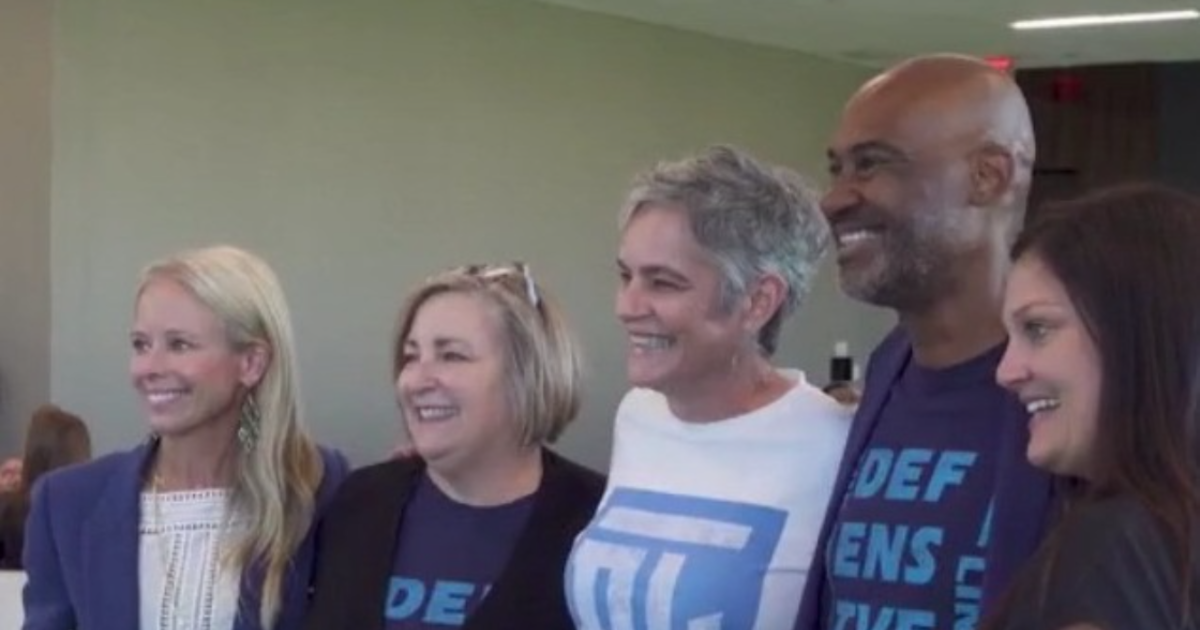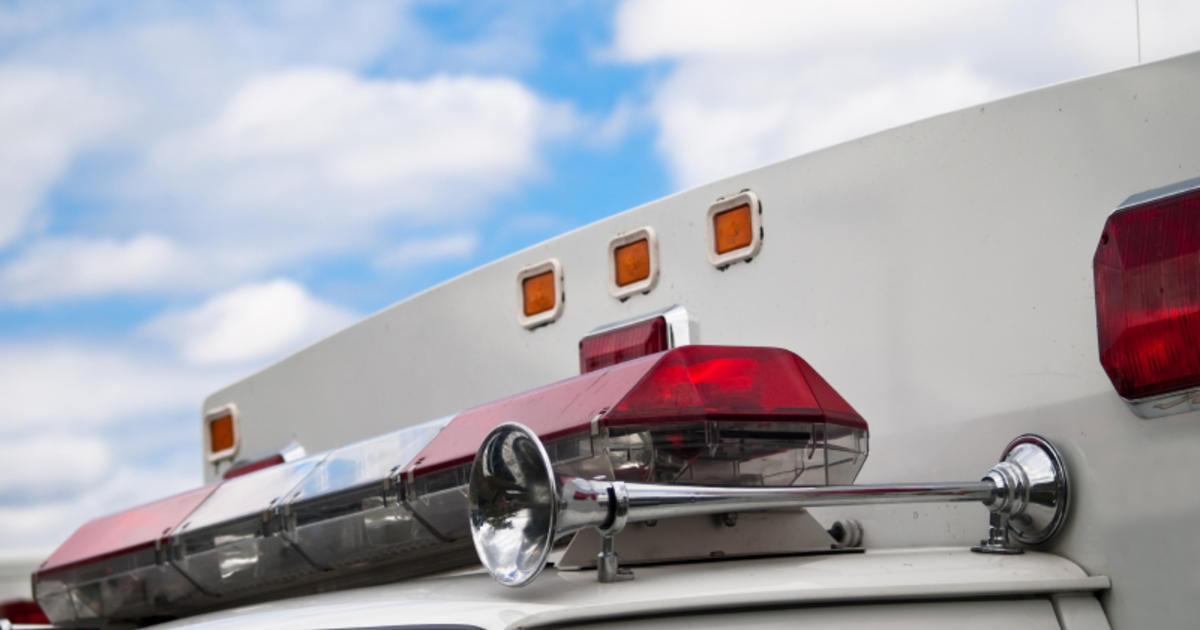'Sacrifice yourself,' former sheriff says didn't matter who was in charge during Uvalde school shooting
NORTH TEXAS (CBSDFW.COM) - It's the unanswered question still hanging like a cloud over the law enforcement decisions made during the Uvalde school shooting. Who was in charge at the scene?
A lot of attention remains focused on Uvalde ISD Police Chief Peter Arredondo. Why did the chief of a tiny school district police force command the response to an active shooter? Is that how it would work if a mass school shooting happened in North Texas?
CBS11 spoke to police veterans who said blame should fall on more officers than just Chief Arredondo.
Dee Anderson is a former Tarrant County Sheriff who said it shouldn't have even mattered who the incident commander was.
"He was probably the only person in the hallway with a chief attached to his name so by default people would turn to him and say what do we do," said Anderson.
Anderson said every officer at the scene should have had active shooter training, which was required since 2005. It teaches that the first ones to arrive should breach the classrooms immediately if they're properly applied that training.
"Possibly sacrifice yourself just to protect others... that's completely understood," said Anderson. "If this happened in Fort Worth or Dallas or Arlington even, you've got guys who have been through bad situations."
Agents from U.S. Customs and Border Protection ultimately breached the classroom area and fatally shot the suspect more than an hour after the shooter entered the building.
And experts said there is surprisingly no official command structure for active shooter situations. The closest to one is FEMA's 36-page incident command training manual found online.
It clearly states:
"As incidents expand in size, change in jurisdiction or discipline, or become more complex, command may change to a more experienced Incident Commander. Rank, grade, and seniority are not the factors used to select the Incident Commander. The Incident Commander is always a highly qualified individual trained to lead the incident response."
CBS11 asked some close to the investigation whether any of the officers could face criminal prosecution for their lack of action. The answer was it's not out of the question.




